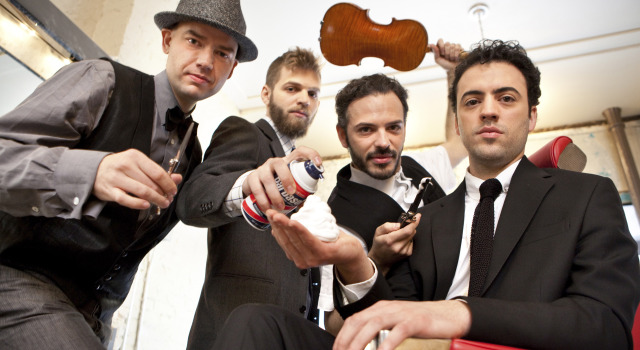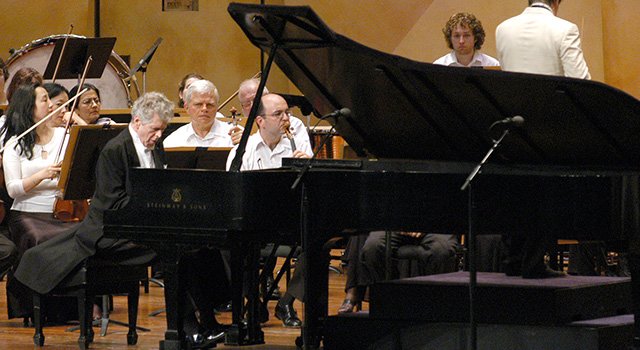In Don Giovanni, when Leporello is trying to convince Donna Elvira that the eponymous gentleman is not worth it, Leporello pulls out a catalog of Don Giovanni’s conquests: “Madamina, il catalogo è questo.” The conquests include 640 in Italy, 231 in Germany, 100 in France, 91 in Turkey, but in Spain, 1,003.
This never fails to provoke audience laughter. But when it comes to eroticizing—and exoticizing—Spain, this quote is part of a much larger picture. Western art, and especially 19th century art, is riddled with portrayals of Spain as romantic, sensual, lascivious and colorful. The “Spanish” paintings and prints by Manet, for instance, depict singers, guitar-players, dancers, bullfighters, bandits, Gypsies; an assortment of “types” that is much like the cast of characters in Bizet’s Carmen. But these are just a drop in the ocean of works that formed the image of Spain as the exotic “other,” an image that is much indebted to Spain’s Islamic heritage. Muslim presence there lasted nearly 800 years and resulted in rich and complex cultural output, but in Western art the Muslims of Al-Andalus were depicted as epic, romantic and erotic, even if savage. To get a sense of this, just think of the opening of Shakespeare’s Othello, where Ophelia is imagined in the “gross clasps of a lascivious Moor.”

















